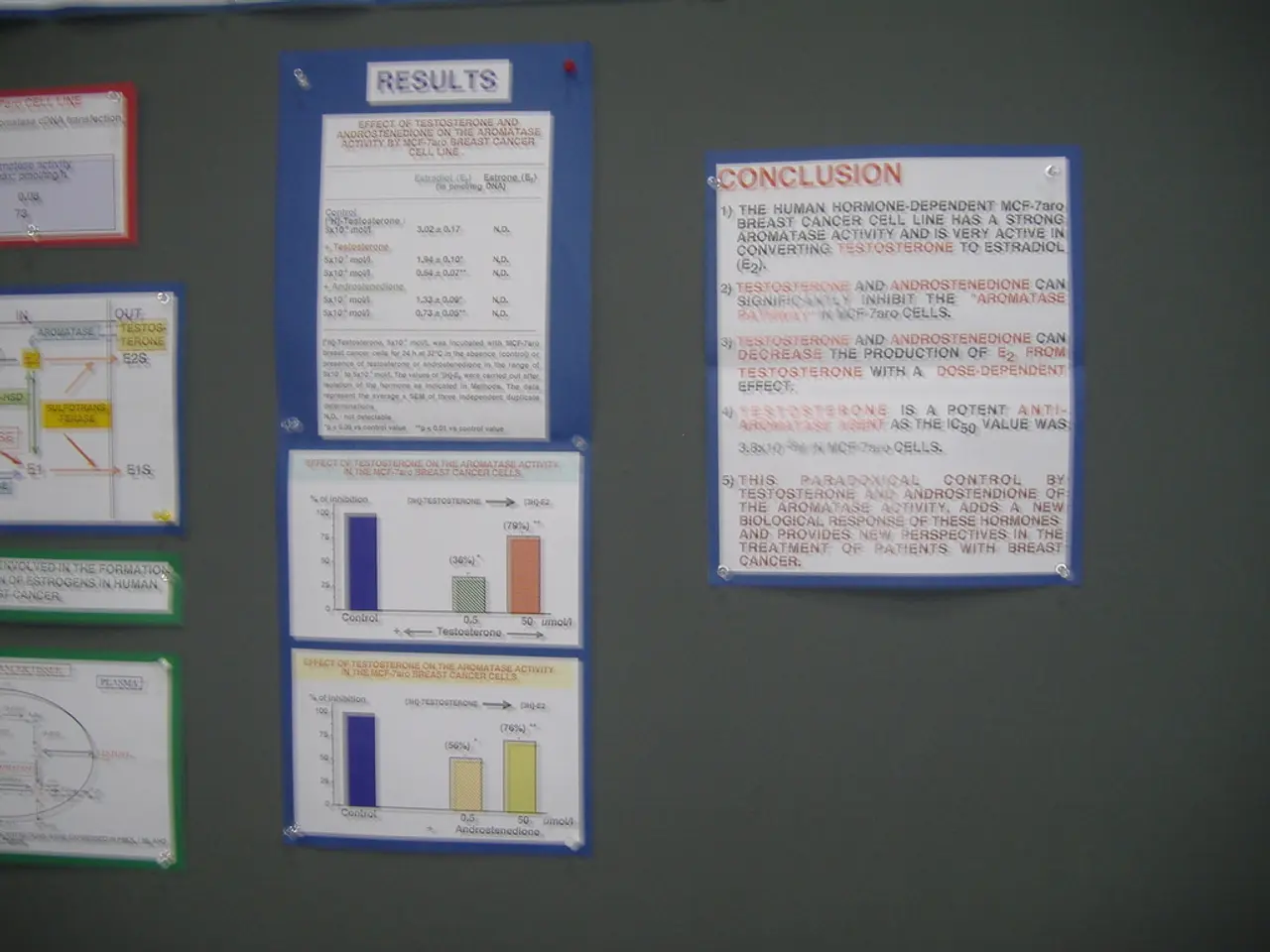Investment decisions by UK pension funds neglected to consider environmental and social impact reports, reveals research
In a new report titled 'Impact Integration: advancing reporting & management practices in pension funds', it has been revealed that most UK pension funds do not fully engage with impact reports or use them to inform investment decisions. The report, authored by Bruna Bauer, research manager for Pensions for Purpose, suggests that for pension funds to use impact reports to drive investment decisions, they should read the reports and assess their relevance, build stronger internal understanding of impact, especially among trustees, and use reporting as a basis for questions, feedback, and accountability.
According to the report, many institutional investors remain unsure about how to use impact data meaningfully. To address this, the report recommends adopting frameworks such as the Impact Performance Reporting Norms and the Operating Principles for Impact Management to improve the credibility and usability of reports. Asset managers should balance standardization with flexibility in impact reports, going beyond selective case studies and providing a balanced view, including trade-offs and unintended outcomes.
To improve reports, pension funds can also enhance governance by making impact reports a strategic priority at the governing body level. Impact reports should be reviewed and approved at the board level, encouraging stewardship activities to be linked to member outcomes and long-term value creation. Following frameworks like the upcoming UK Stewardship Code 2026 encourages this alignment.
Transparency and communication are also crucial. Impact reports should be clear and accessible both to beneficiaries and regulators, avoiding excessive complexity that hinders understanding or engagement by retail investors. The FCA has recognized challenges with the complexity and granularity of current climate and sustainability disclosures, and pension funds can benefit from simplified, standardized metrics and reporting frameworks (such as TCFD-aligned disclosures), making impact reports more practical and less prone to superficial or misleading claims.
To meet goals like net-zero, there needs to be a broader systemic change in regulation and fiduciary duty frameworks, according to Bauer. This includes recognising systemic risks, such as climate change, as financially material and appropriately reflected in fiduciary duty. Pensions for Purpose, along with ShareAction, have been advocating for this change.
The report also highlights the need for stronger oversight of external managers. Trustees should exercise clear delegation, monitoring, and escalation processes regarding the ESG activities of their external managers, adapting their reporting on engagement and stewardship according to scheme size and capability.
Bauer advises that reports should help asset owners make informed decisions, not just serve as marketing materials with another name. Reports should be concise, materially relevant, and link impact to financial performance, especially for funds with goals like net zero.
The report also covers various funding agreements aimed at promoting financial inclusion and gender equality, such as the $50m funding agreement signed by DEG to support women-led Tanzanian businesses. Additionally, the Spain's Regional Resilience Fund supports urban development and sustainable tourism.
In response to the report, a new Community Interest Group (CIG) will launch in August to improve impact literacy across the sector and align fiduciary duty with long-term goals, including net-zero. Asset owners backing the new CIG include PGGM, Smart Pension, South Yorkshire Pensions Authority, Tyne and Wear Pension Fund, and Wiltshire Pension Fund.
Meanwhile, The People's Partnership and Good Things Foundation are working together to tackle UK digital and financial exclusion. This partnership aims to ensure that everyone in the UK has access to the digital tools and financial services they need to thrive in the modern world.
In conclusion, the report emphasises the importance of robust governance, decision-useful transparency, and stewardship focused on genuine impact aligned with beneficiaries' interests to move beyond greenwashing risks. This is supported by evolving regulatory expectations from the FCA and UK Stewardship Code, aimed at making sustainability disclosures more meaningful and actionable.
- To advance social impact and financial inclusion, the report recommends pension funds to adopt credible frameworks for impact reporting, such as the Impact Performance Reporting Norms and the Operating Principles for Impact Management.
- Pension funds can contribute to long-term value creation by employing stewardship activities that are contextualized around member outcomes, facilitated through robust governance and transparency in impact reports.
- Development finance institutions, including DEG, are utilizing funding agreements to support ventures that promote gender equality and financial inclusion, such as providing funding to women-led businesses in Tanzania.




